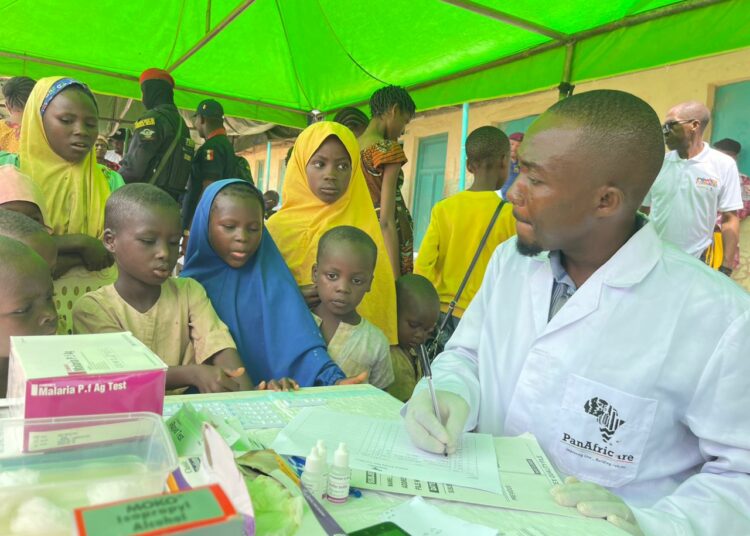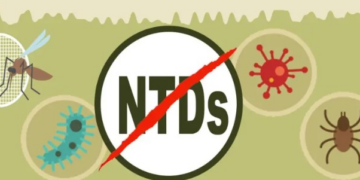Permanent Secretary, Federal Ministry of Health and Social Welfare,
Daju Kachollom, has said that Nigeria must prioritise prevention, strengthen health systems, and ensure access to effective diagnosis and treatment for all, to achieve the malaria elimination target.
She frowned that the country bears a third of the global burden of malaria, with the country accounting for 27 percent of global malaria cases and 31 percent of global deaths, based on the 2023 World Malaria Report issued by the World Health Organisation.
“The country has consistently maintained this position,” she said.
However, she said the country has made some progress over the years. “The World Health Organisation has estimated that malaria incidence has reduced by 26 percent since 2000, from 413 per 1000 population in 2000 to 306 per 1000 in 2021.
“Within the same period, malaria mortality rate (i.e. deaths per 1000 population at risk) fell by 55 percent from 2.1 per 1000 population in 2000 to 0.9 per 1000 population in 2021.
“Fom 2009 till date, more than 230 million insecticide treated nets (ITNs) have been distributed in the 37 States and the Federal Capital Territory.
“According to the 2021 Malaria Indicator Cluster Survey, the proportion of the population who slept under ITNs the night before the survey increased from 22.9 percent in 2010 to 36.4 percent in 2021.
“The percentage of children under the age of five years (one of the most vulnerable groups) who slept under an insecticide treated net (ITN) the night before the survey increased from 28.9 percent in 2010 to 41.2 percent in 2021.
“Among children who were reported to have had fever, two weeks preceding the household surveys and among those who sought care for fever, the percentage who received a blood test did increase from 6.5 percent in 2010 to 39 percent in 2021,” she said.





